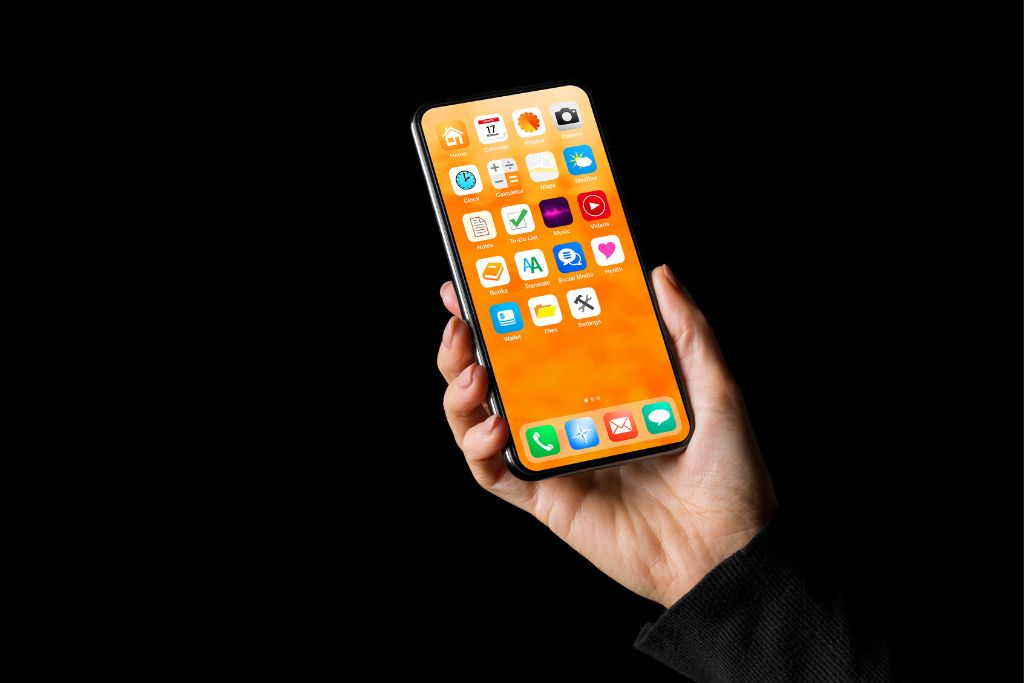In the digital world with the craze and knowledge of Android Apps, developing smooth Apps is a very simple task, right? No wrong! Developing the app requires a lot of effort and dedication to improve optimal performance and user experience.
Performance is the most significant aspect of any mobile application; if the app is slow and laggy, there is a higher chance of rejection by the user. So, yes, the better your App performs, the more the chances it will succeed in the market. For that reason, developers have to focus more and use their time efficiently to improve performance.
This article is going to cover the best tricks and practices to enhance your Android application performance. Whether you’re a seasoned developer or just a beginner, these insights will contribute to creating responsive and efficient Android applications.
Top 10 Tips To Optimise Android App Development Performance
1. Focus On App Size
Android devices are not that powerful to handle large-size applications. Users often avoid downloading Apps that are too large, especially in today’s times where devices have limited storage and network bandwidth. So, use techniques such as code shrinking, resource optimisation, and removing unnecessary assets to reduce the App size.
2. Simplify Code For Efficiency
Efficient code is the backbone of a high-performing Android App. Yes, you heard it right! Adopt best practices such as modularisation, avoiding unnecessary dependencies, and optimising algorithms for efficient coding. This will definitely enhance the app’s speed and make maintenance more manageable.
3. Improve Memory Usage
Memory is the space that your App uses to store data and run code on the device. As memory is a finite and shared resource, the excessive use of the app results in issues like out-of-memory errors, crashes, and bad performance. To ensure a more reliable and responsive application, optimise memory utilisation by implementing smart caching strategies.
4. Optimise Images And Multimedia Assets
Large image and multimedia files can definitely slow down an App. Utilise modern picture formats and compress images without compromising quality. Implement lazy loading for multimedia content to ensure a smoother user experience. This approach to image optimisation ensures a smoother user experience and contributes to overall app efficiency and responsiveness.
5. Optimise Database Queries
An efficient database is the backbone of a high-performance Android App. Optimise SQL queries, consider indexing and use database normalisation to cut down the query execution time. Utilise profiling tools and query analysers to regularly analyse and optimise database performance, maintain efficiency, and enhance overall application speed.
6. Optimise Screen Size
Screen sizes are one of the significant challenges for Android app developers, given the multitude of Android devices with different shapes and sizes. Specific dimensions will only respond to a specific screen size, so always ensure your App adapts seamlessly to different screens by implementing responsive design principles.
For an exceptional user experience across a variety of devices, consider leveraging layout weights and percentage-based layouts.
7. Caching And Offline Mode
This is the best tip to use in case of a weak network or no network. It is always better to display something rather than display nothing at all. Effective caching strategies can positively enhance App responsiveness.
This approach underscores the significance of providing users with a smooth and reliable experience independent of their network connectivity.
8. Stay Informed With Updated Tools And Libraries
Stay informed about the latest versions, tools, and libraries, as it can positively impact your App’s performance. Having an active involvement in the Android development system helps you keep your App up to date with the latest developments, follow best practices, and optimise performance in accordance with industry standards.
9. Optimise Battery Consumption
Battery efficiency is a crucial aspect of overall performance. To increase battery life and improve user experience, minimise background activities, employ effective algorithms, and optimise resource-intensive operations. Having the right balance between performance and battery plays a very crucial role in creating sustainable and user-friendly Android applications.
10. Test On Real Devices
Testing on real devices is the most important tip to optimise Android app development performance. Although emulators make testing easier, but actual devices give a more realistic picture of how your program works. Before the final launch, test your application on a variety of devices to identify and address performance issues, resulting in the perfect application.
Conclusion
Here you go, the top 10 tips to optimise Android App development performance have been summarised. But always remember- optimising Android Apps is way more complicated than it sounds. It requires attention to every little detail and a commitment to continuous improvement.
By following the above top 10 tips to optimise Android app development performance,
developers can create high-performance applications that not only meet user expectations but also excel in a competitive market. Begin your journey to an App with optimal performance with Internut, the best mobile app developer in Malaysia. Trust us to transform your App development experience and taste unparalleled success in the dynamic world of mobile applications!








